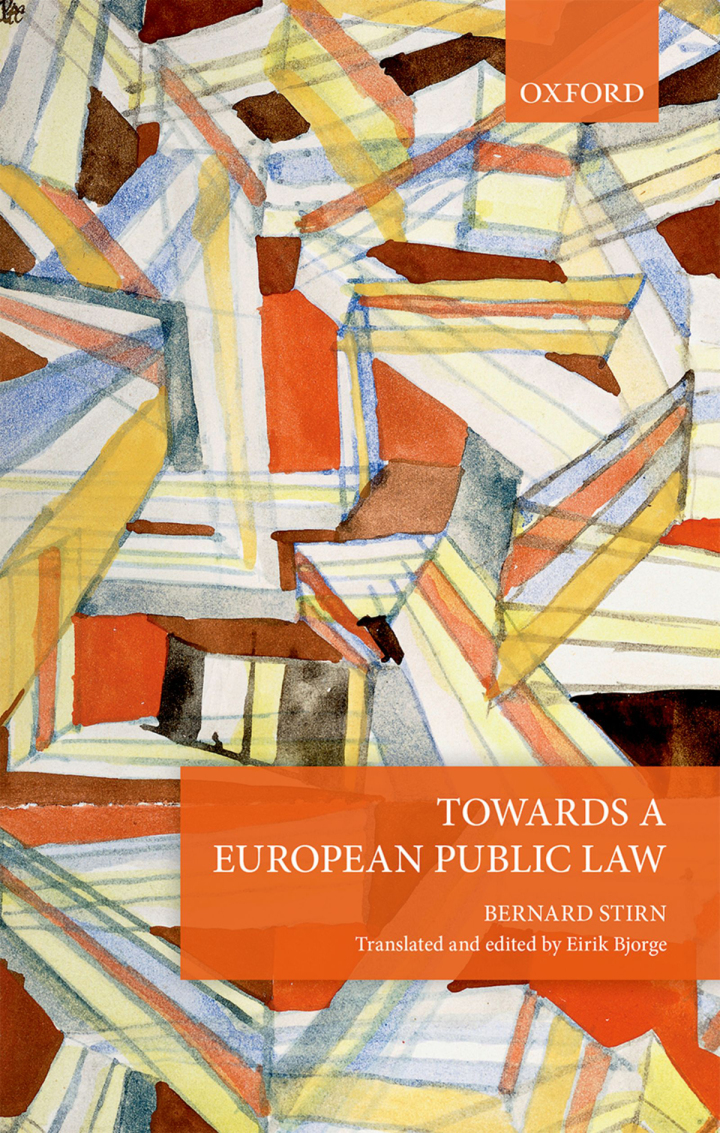Towards a European Public Law
$34.12
Attention: This is just ebook, Access Codes or any other Supplements excluded! / File Delivery: Sent Via Email within 24 hours!
SKU: 627f4b5c966a
Category: Law Textbooks
Description
-
Author(s)Bernard Stirn
-
PublisherOUP Oxford
-
FormatPDF
-
Print ISBN
9780198789505, 0198789505 -
eText ISBN
9780198789505, 0198789505 -
Edition
-
Copyright
- Details
A European public law is under construction, but how has this occurred and what is its character? Stirn proposes that this European public law is being constructed by the convergence of three circles: the law of the European Union, the law of the European Convention on Human Rights, and the different domestic legal orders. The mutually influential relationship of these constituents has allowed them to develop, most considerably in the jurisprudence of the Court of Justice of the European Union and the European Court of Human Rights. The book begins by reflecting on the different phases of the development of the European project from the end of the First World War. It outlines the transition from the European Coal and Steel Community to the European Union, as well as the other institutions contributing to these developments. The discussion then moves to the European legal order, which consists of the law of the European Union and the European Convention on Human Rights. Stirn explores how, in spite of occasional false starts and frictions, their relationship is becoming ever closer, and how their characteristics in law are becoming increasingly similar. Furthermore, Stirn analyses the relationship between European law and national legal systems. The differing approach to domestic incorporation of international law, whether it be monist or dualist is considered, as well as the recognition that European law is superior to domestic law. The character specifically of EU law, and how it compares to international and domestic law is also discussed, in particular its unique features but also the principles it shares with domestic law. In addition, the book examines the existence or not in member states’ of constitutional courts, the level or jurisdictional orders and the recruitment and status of judges. Similar trends across Europe in public administration are also accounted for and subjected to analysis. Stirn concludes that a European model of public administration is becoming apparent.
Related products
-

International Law 5th Edition Norms, Actors, Process
Rated 0 out of 5$75.90 Add to cart -

Wills, Trusts, and Estates 11th Edition (Aspen Casebook)
Rated 0 out of 5$75.90 Add to cart -

ALWD Guide to Legal Citation 7th Edition
Rated 0 out of 5$29.90 Add to cart -

Constitutional Law 6th Edition
Rated 0 out of 5$75.90 Add to cart

